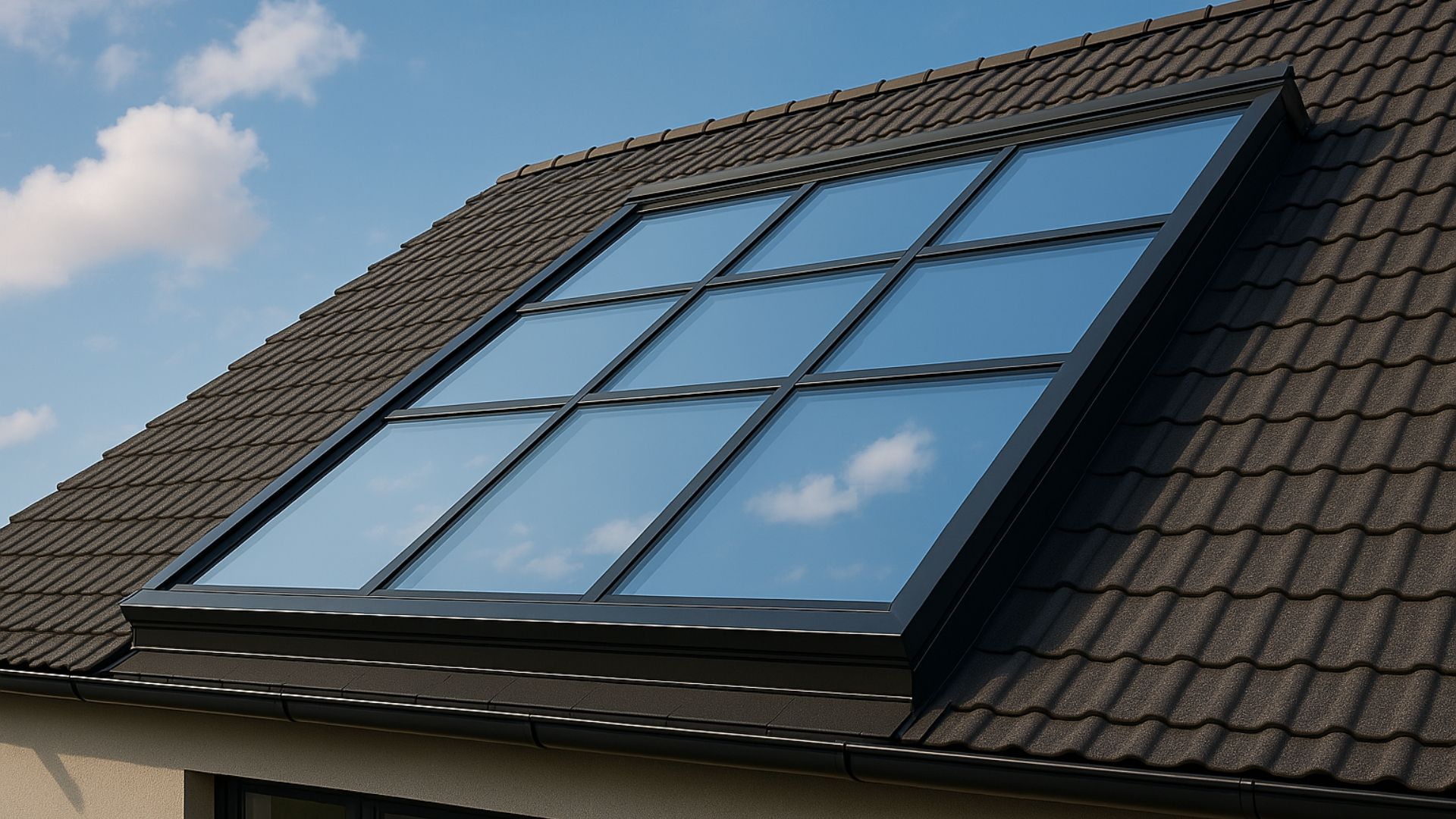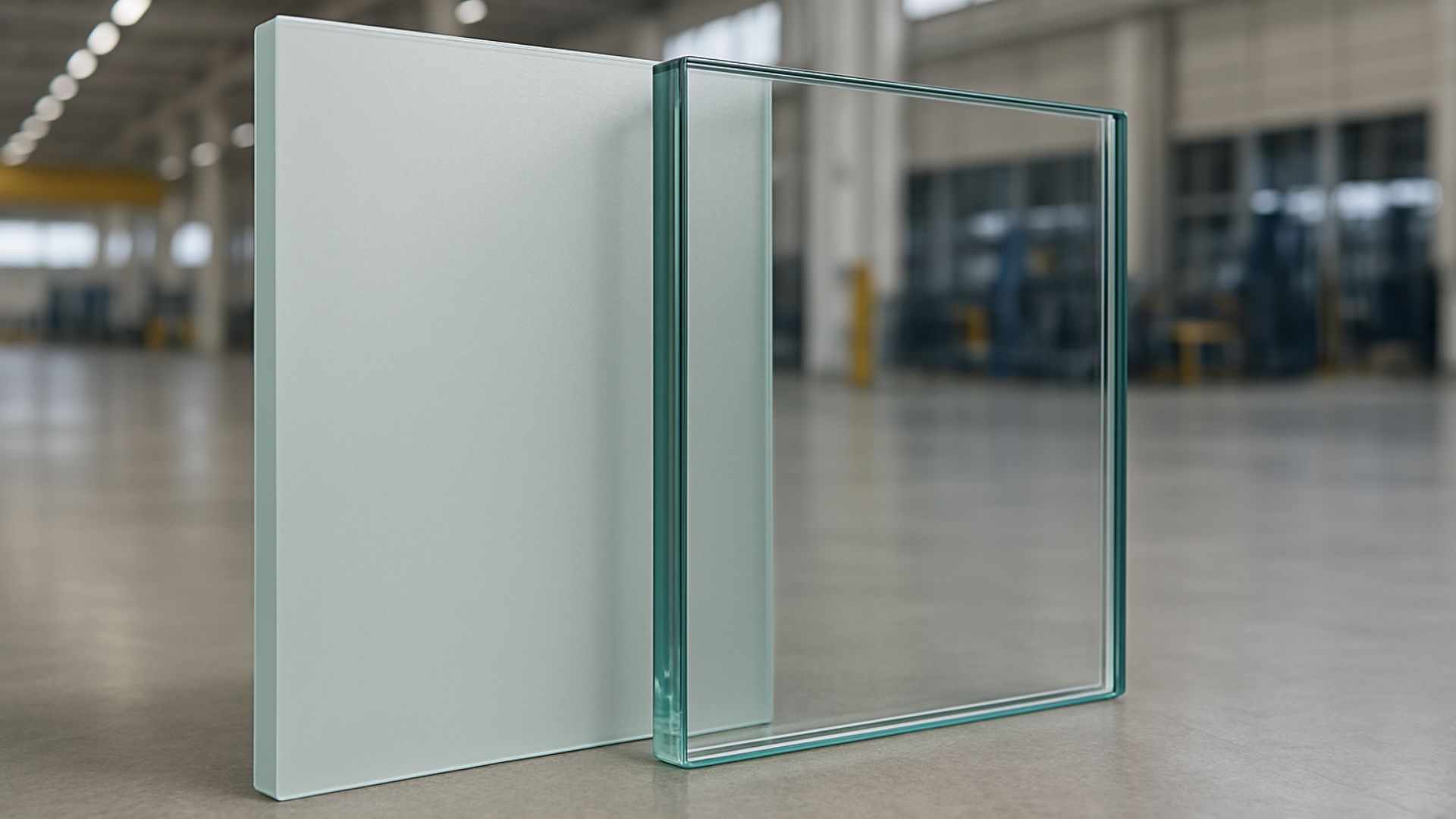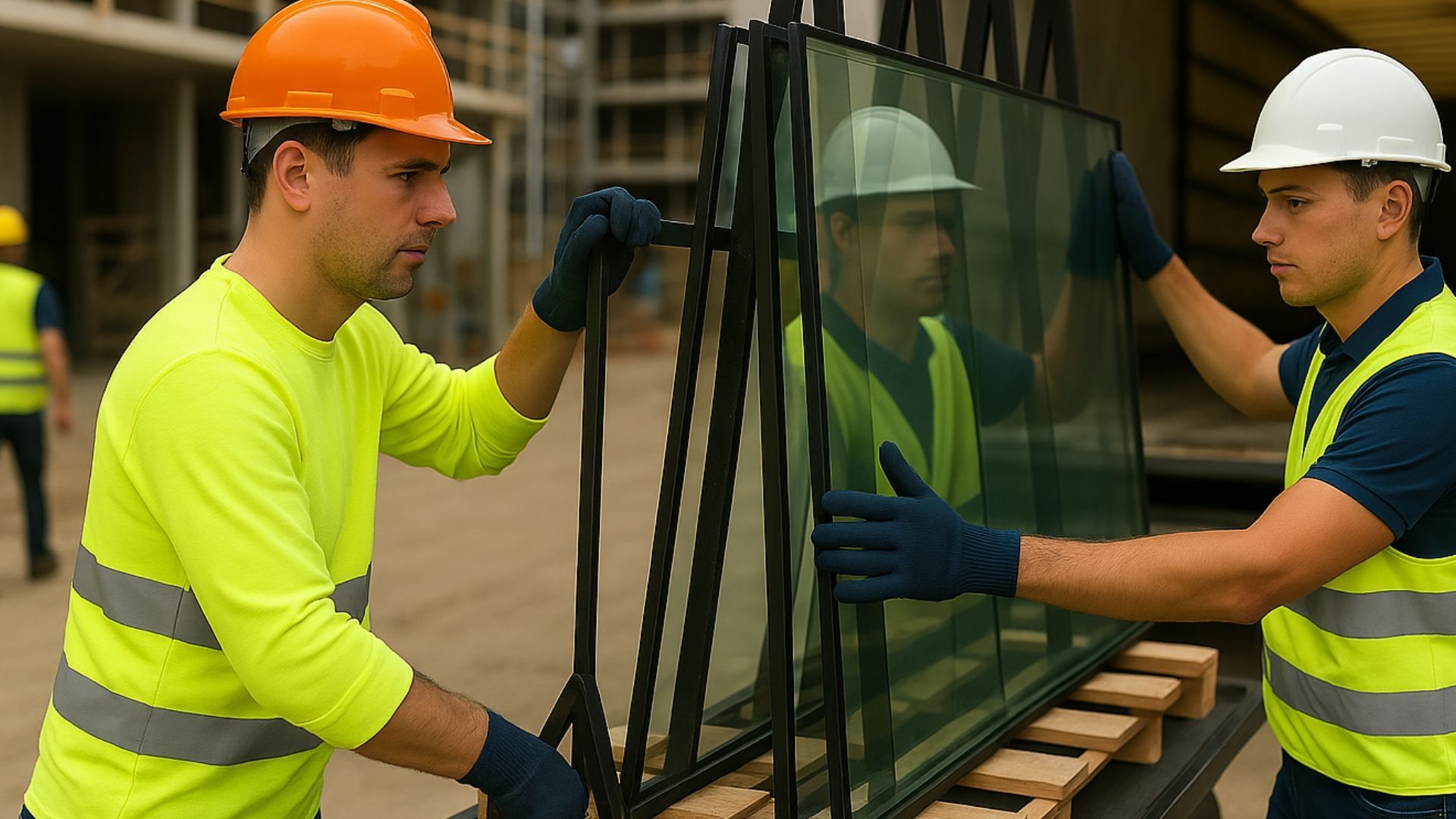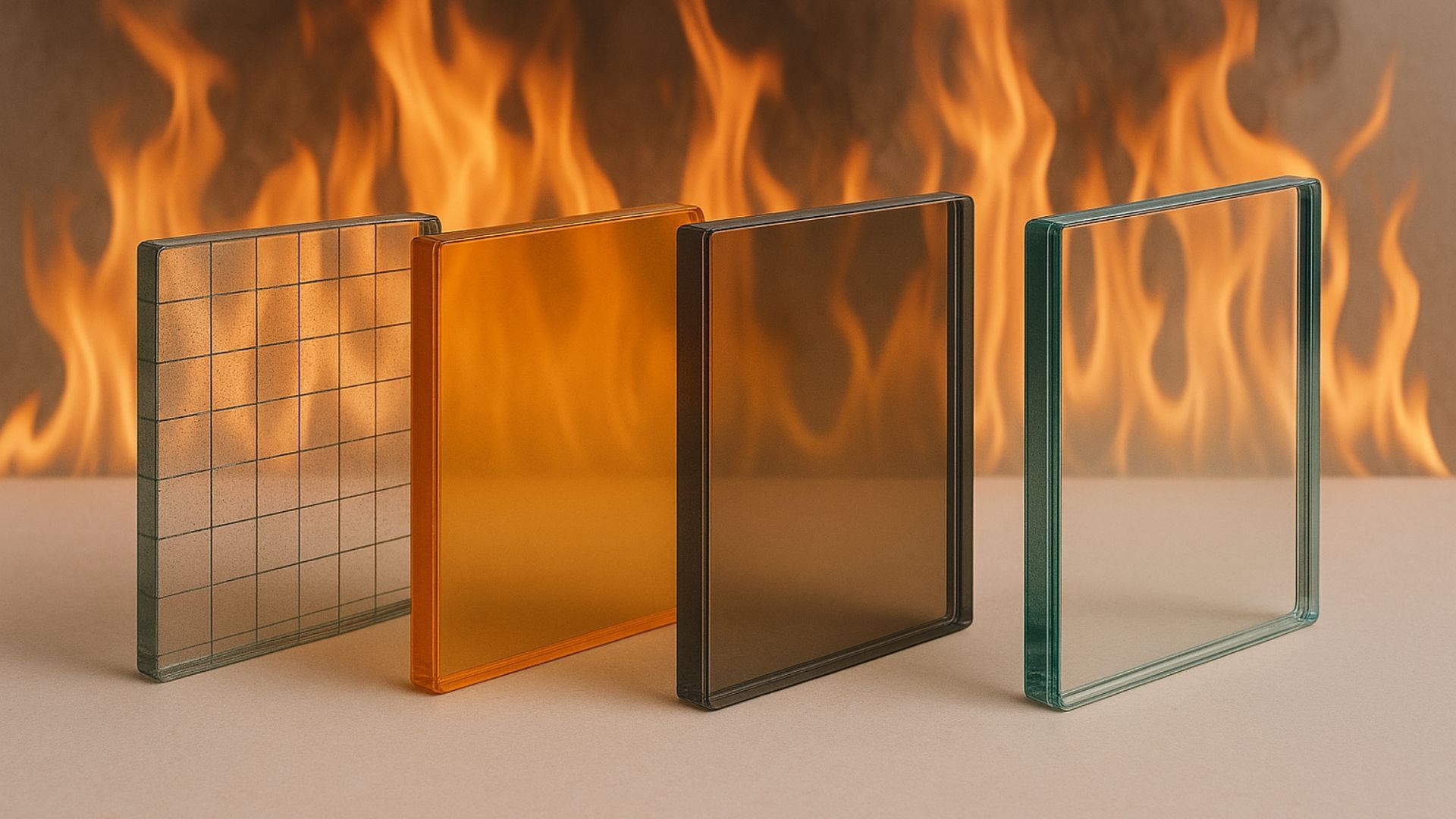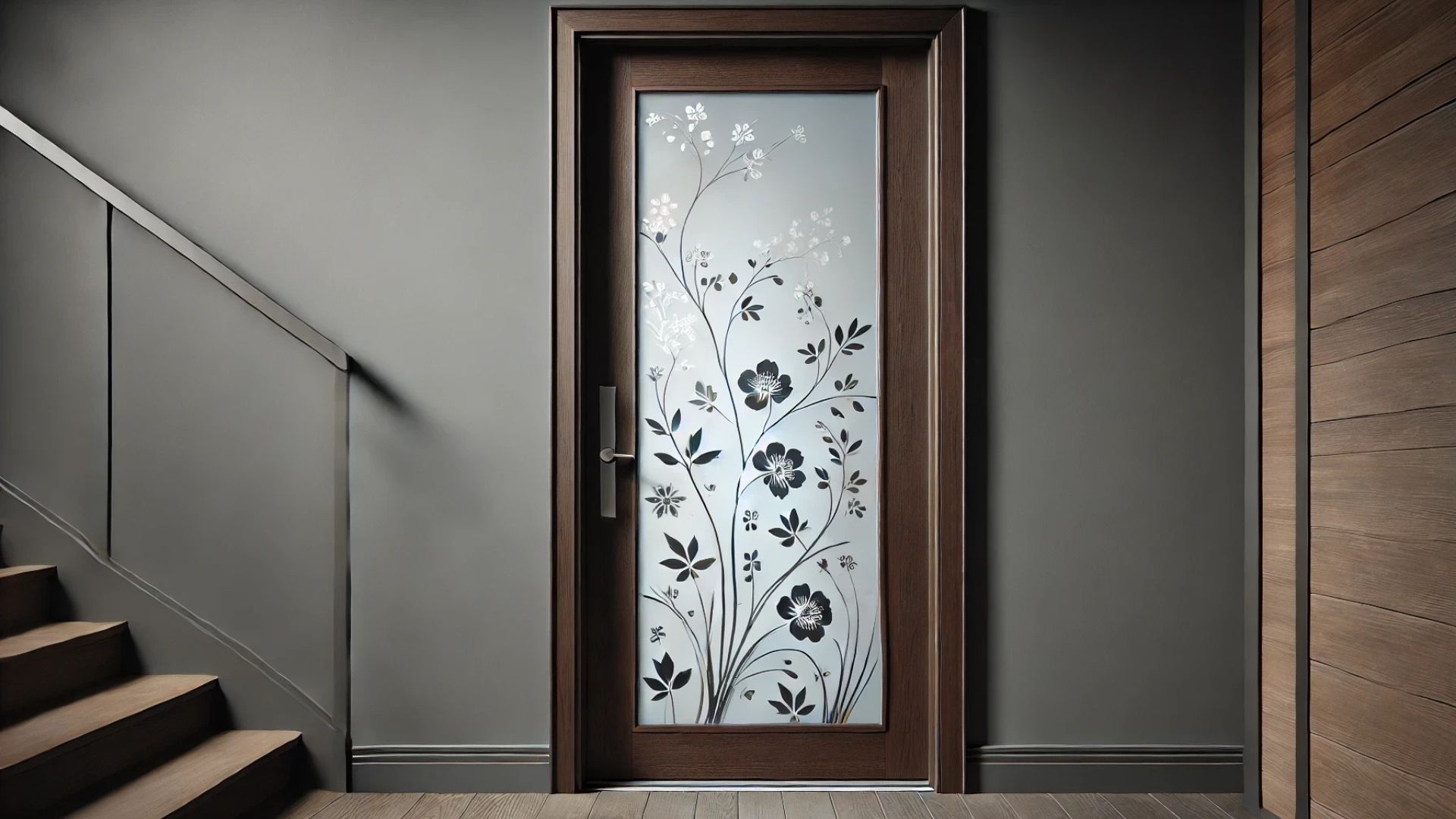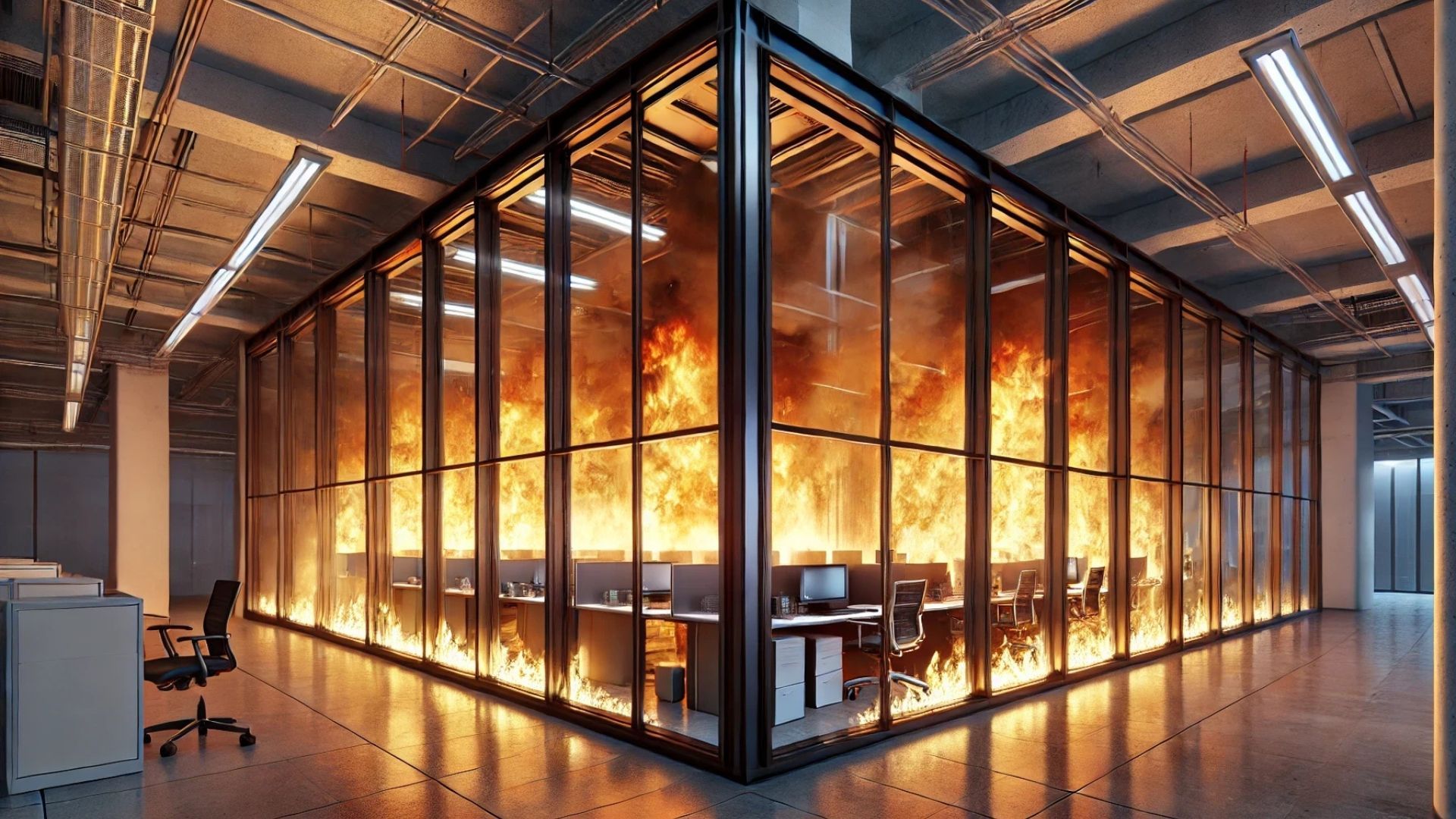
Greenhouses can be made from polycarbonate or toughened glass. Find out which is best for your needs.
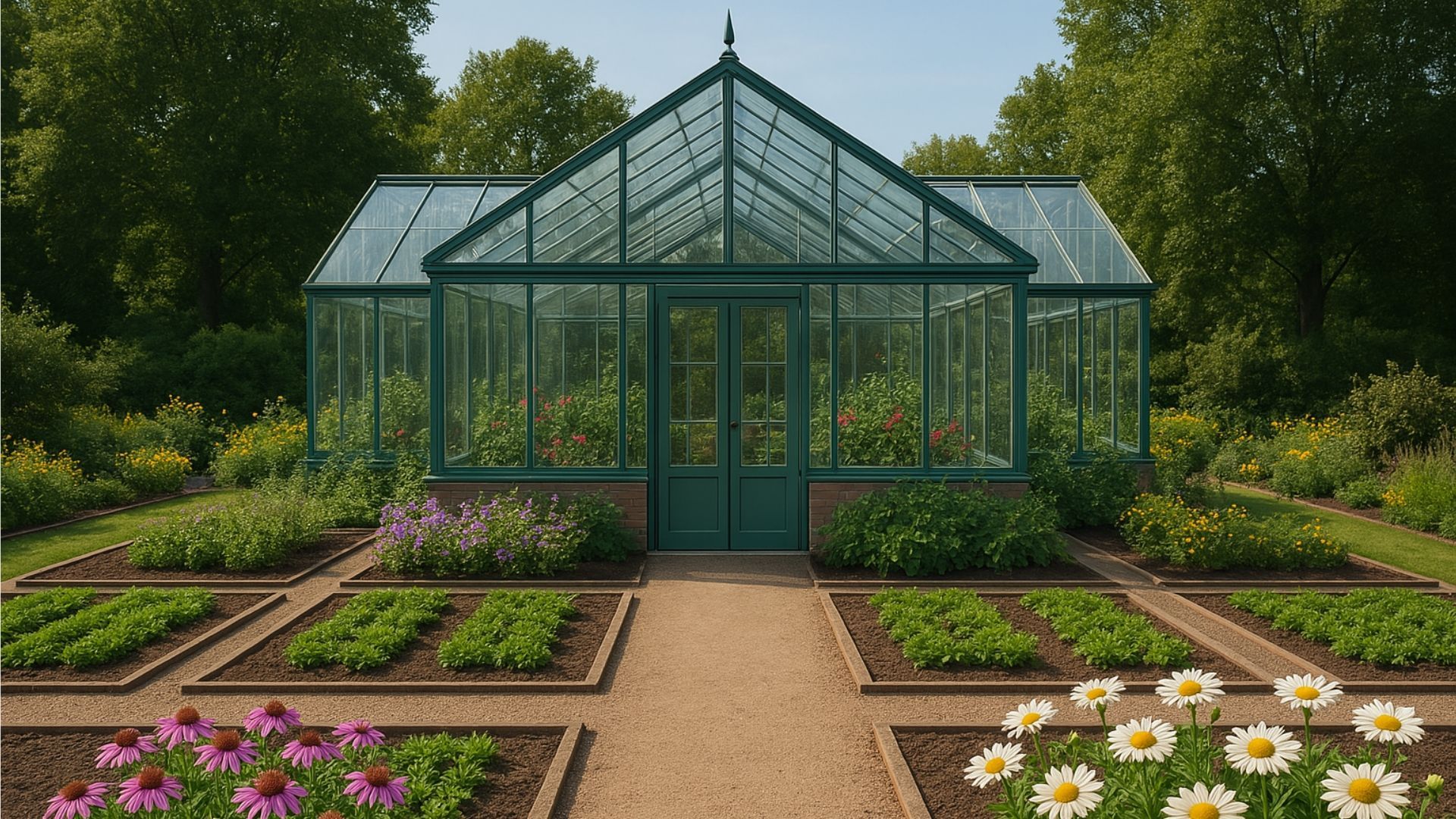
Greenhouses have been around for donkey's years – from the Roman Emperor Tiberius's wheeled cucumber carts to the first artificially heated greenhouses in 15th-century Korea.
Today, greenhouses are most commonly made from either a type of plastic called polycarbonate or
toughened glass (sometimes known as "tempered glass").
If you're in the market for a greenhouse, you're probably wondering which material is best. And look: you're not alone. It's a debate that's been raging since the late Victorian era when polycarbonate was first introduced.
The choice of material is important for several reasons. It's important for the health of your plants. It's important for your household budget, both in terms of the initial outlay and its impact on your energy bills. And it's important for your home's carbon efficiency.
With these factors in mind, which is best, polycarbonate or toughened glass? Let's start by looking at the pros and cons of polycarbonate.
The advantages and disadvantages of polycarbonate for greenhouses
There are three main advantages to polycarbonate. The first is its lightness. This makes it easy to transport and install.
Secondly, it's cheaper to install than glass – at least, the initial payment is. However, you may find that costs rack up later as the material discolours and you need to use excess artificial heating.
Thirdly, it's extremely durable and can withstand higher impacts than safety glass. If your greenhouse is in an exposed area or a location prone to extreme weather, it could be the right call.
It's light, it's cheap, it's durable. Why on Earth wouldn't
you get a greenhouse made from polycarbonate?
Well, despite these benefits, it has a shorter lifespan than glass. It discolours and even deteriorates more quickly, meaning it needs to be replaced sooner. This means its lower price tag could be a false economy.
Then there's the environmental impact to consider. Polycarbonate is a synthetic plastic made from petroleum and other chemicals. It takes centuries to biodegrade in landfill (no exaggeration!) And when it's burnt, it releases noxious fumes into the air.
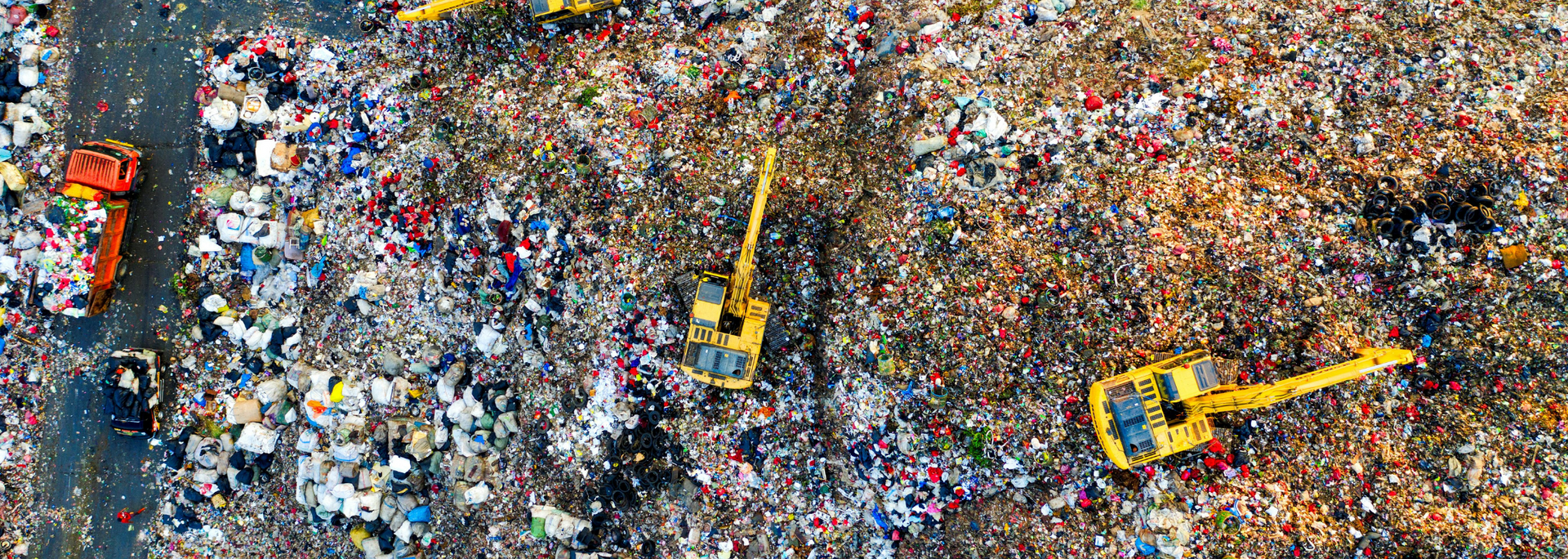
This wouldn't be a problem if your polycarbonate greenhouse was built to last a lifetime. But it often needs replacing. In short, a polycarbonate greenhouse is a less environmentally friendly investment than a glass one.
Why choose glass?
Cards on the table: we sell toughened glass. So, you wouldn't be wrong to suspect us of a certain bias.
The thing is that we're not denying the advantages of polycarbonate. Many homeowners are satisfied with their plastic greenhouses – and who are we to disagree?
Nevertheless, we believe that glass is the way to go. There are three main reasons for this: its lifespan, its visual appeal and its energy efficiency. We'll take these one by one before addressing a couple of criticisms from advocates of polycarbonate.
First: lifespan. You want a greenhouse that will house your plants for as long as possible. You want clear surfaces that don't discolour easily. You want an outer structure that can withstand high winds and hail. Toughened glass can do all of that for you.
Secondly, there's the question of visual appeal. No doubt about it: some polycarbonate greenhouses look the part. But if you want a classic-looking greenhouse, toughened glass is the way to go.
Its super-clear structure lets the light come flooding in to nourish your plants. What's more, toughened glass can be easily customised. The glass can be fitted with a
coloured or
textured interlayer,
etched or frosted, or even
printed with images and texts.
Finally, there's the all-important question of energy efficiency. Toughened glass can retain heat well. During the colder months, this drastically reduces the need for artificial heating, slashing your energy bills in the process.
Whether you're hiring a professional installer or going down the DIY route, toughened glass is an ideal material for greenhouses. There are, however, a couple of criticisms we need to address.
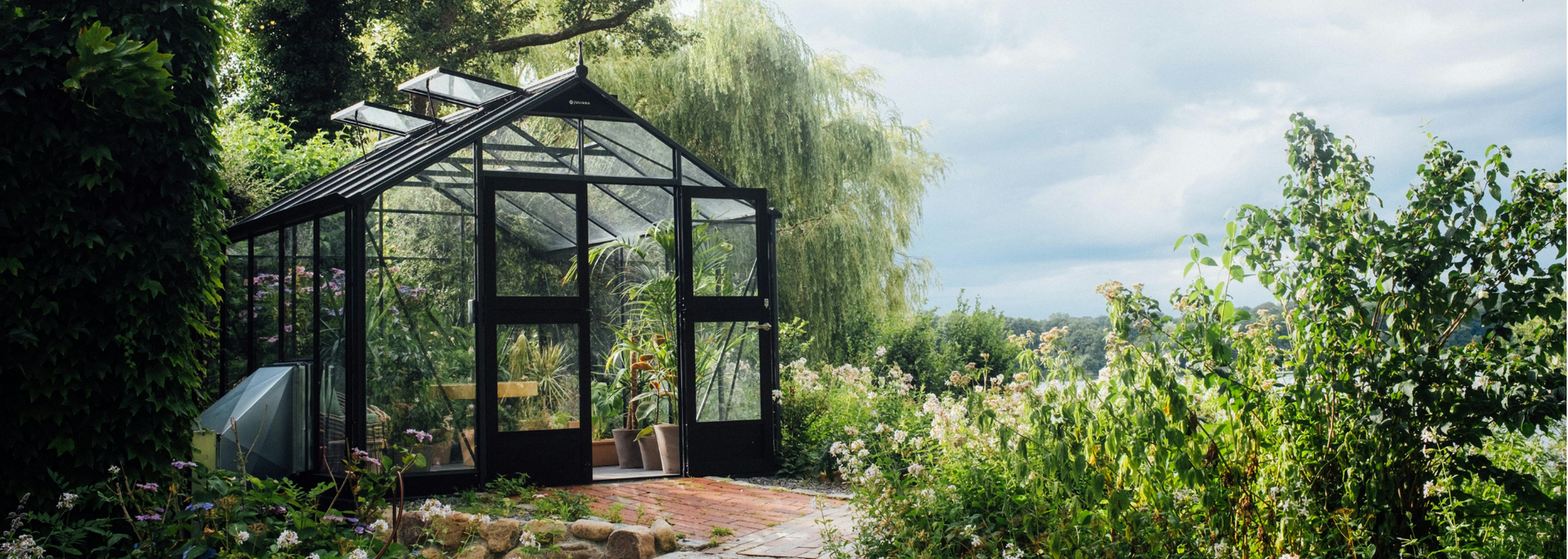
First, advocates of polycarbonate say that polycarbonate is tougher than glass. This is true, but nine times out of 10, toughened glass is more than enough to withstand the British weather.
Toughened glass is a kind of safety glass that's up to six times stronger than standard glass. And thanks to the way it's manufactured, it breaks into lots of tiny, relatively harmless pieces rather than jagged shards.
It may not have the toughness of polycarbonate, but it still has durability to spare. Combined with its energy efficiency and longevity, this makes it a more-than-worthy alternative to polycarbonate.
Yes, polycarbonate will last for years – and it's no slouch in the thermal efficiency department. But it discolours and degrades far more quickly than toughened glass. There's a strong possibility you'll have to replace your polycarbonate frame.
Buying polycarbonate isn't quite a case of "buy cheap, buy twice". But if you're willing to spend more initially to save in the long run, toughened glass is the way to go.
Can you build your own greenhouse with glass?
Yes! While most DIY greenhouse kits on the market include polycarbonate panels, there's no reason why you shouldn't use glass.
Some people use reclaimed glass for their greenhouse projects. This can lead to beautiful and practical results. But if you want a professional-quality greenhouse, you should seriously consider getting some
toughened glass panels.
If you do buy toughened glass for your greenhouse, make sure it's from an industry-accredited supplier. This will increase your chances of getting a long-lasting, robust and energy-efficient product. Your garden and your greenhouse plants deserve it!
Conclusion
At the end of the day, toughened glass is the ideal material for greenhouses. It's strong, durable, long-lasting and an effective insulator. This makes it good for your wallet, good for the planet – and, above all, good for your plants!
Are you looking for high-quality toughened glass for a greenhouse?
Get in touch with ToughGlaze today for a quick, competitive quote.
Join Our Newsletter — No Spam, Just Expert Tips and Updates for Your Next Construction Project!


| ToughGlaze LTD
